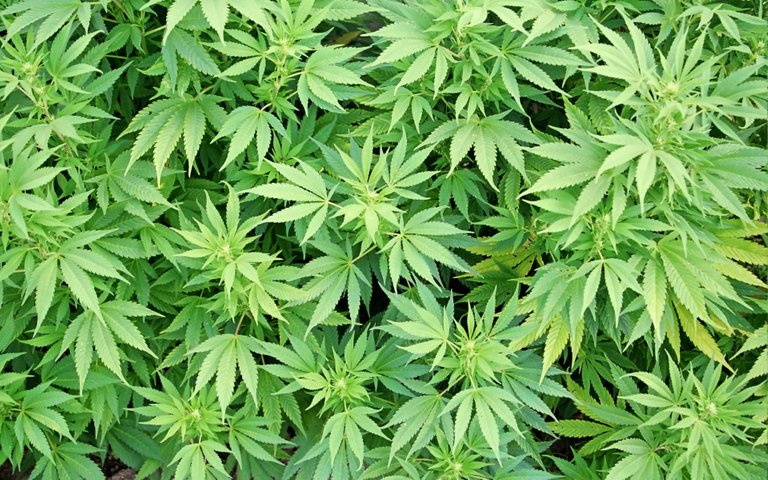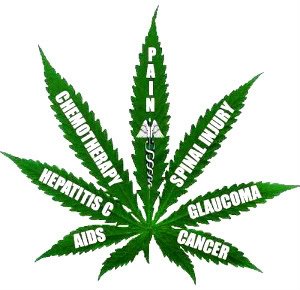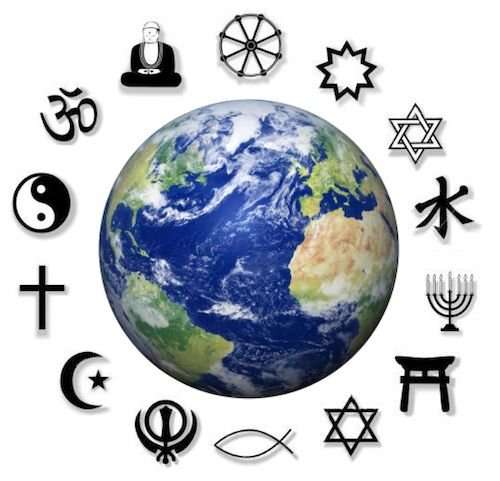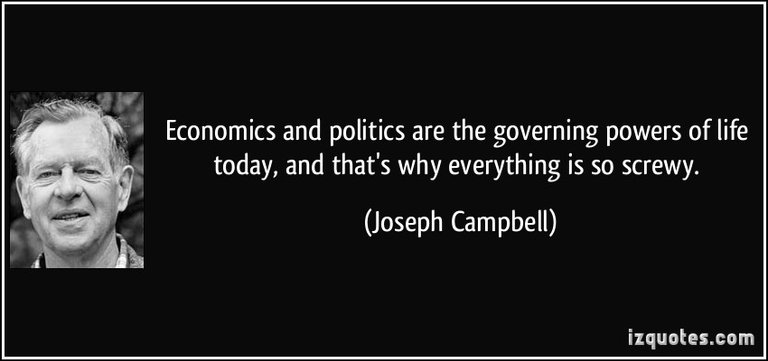The therapeutic and religious viewpoint of marijuana:
When the topic of legalizing cannabis gets put into the spot light, the discussions that follow are either political or economic. These end up creating controversy, with opposing sides having very different viewpoints. This ultimately leads to both sides getting into an unconstructive argument based on pointing fingers. This is all evident in the long-passed History of marijuana. We have been gathering information about marijuana for centuries and still have not reached a singular world view. We should rather be focusing on a Religious and therapeutic view point when it comes to marijuana. These Religious and therapeutic reasons out-weigh any political or economic reasoning by a mile and a half.

Of course, this does not mean that we should all get stoned together. Rather that, the long-passed History of cannabis itself should be a clear indication to us that our focus is in the wrong direction. Our focus definitely needs to change direction. This direction should be that of a Religious and Therapeutic one. Cannabis has been used for therapeutic and religious reasons for many centuries. During these centuries, nothing of the extreme has ever happened.

Dr. Franjo Grotenhermen and Dr. Kirsten Muller-Vahl from the US National library of Medicine explain that at the end of the nineteenth century cannabis was being used to treat pain, spasms, asthma, sleep disorders, depression, and loss of appetite. Although cannabis does include some side-effects such as tiredness, dizziness, psychological effects. These psychological effects are only evident in patients who have a gene vulnerability. The average patient also experiences no problems with withdrawal symptoms of cannabis. After all these years of people using cannabis for therapeutic reasons and nothing of the extreme happening, why are we still stuck on the politics and economics of cannabis to try and reach a conclusion?

By focusing on the religious and therapeutic side of cannabis, it will be a lot easier to come to a moral answer on whether or not cannabis should be legalized world-wide. If you have a look at all the evidence that has been collected on cannabis and its therapeutic benefits, this message becomes a lot clearer. Whether this be disorders such as Anorexia, chronic pain, HIV, or nausea, cannabis has proven to come to the aid of many people who are suffering from these disorders. These people live their daily lives in discomfort because they are unable to treat their disorders naturally, and if they do use cannabis as a treatment and get caught, they will be deemed as “criminals”. Having this criminal record will have a negative impact on the rest of their lives all for growing a plant. Because at the end of the day, it is only just a plant. This is where our focus should be, the rights of the people to use cannabis as therapy. The therapeutic benefits on cannabis and the people suffering from these disorders should be where our judgement on the legalization should be.

Dr. Franjo Grotenhermen and Dr. Kirsten Muller-Vahl from the US National library of Medicine have outlined cannabis and its positive effects on people with various disorders. They say that cannabinoids were effective in the treatment of lack of appetite and weight loss in patients with tumor diseases and Alzheimer’s disease. This provides people suffering from these disorders with a cheaper option than that of pill medication. Small controlled studies that have been conducted have indicated that cannabinoids are also effective against chronic pain of causes such as tumor pain, rheumatism chronic pain and fibromyalgia chronic pain. Patients who are HIV positive suffer from a loss of appetite which is essential for their health. Cannabinoids have proven to be an effective form of therapeutic medication when it comes to loss of appetite. This is because cannabis gives patients the “munchies”.
One of the more recent discovers of cannabis and its therapeutic benefits is on people who suffer from depression. This is a very lonesome. People who suffer from depression normally do not go out of their way to let others know, but rather try and deal with it themselves. This is a very difficult battle to fight alone. The symptoms of depression include feelings of sadness and haplessness, problems sleeping, irritability and aggression. Cannabis has proven to improve these symptoms by stimulating the endocannabinoid system present in a person’s body and also increasing neurogenesis. Anti-depressants have also been proven to do the exact same thing. Cannabis however does not have to be used daily like anti-depressants.
These are all people who suffer daily from these horrible disorders that distract them from the real world. We have a natural product before us that grows straight from the ground, which has been proven to help these disorders, yet we decide to keeps this natural product away from people for their supposed benefit? When it comes to cannabis and its legalization process we need to focus our attention on these people and the potential therapeutic benefit cannabis can have on their lives. If we do this a moral conclusion will be made much faster.
When it comes to various religions, cannabis has been going on for centuries and has played an important role in many religions. Cannabis has not only been used in religious ceremonies, it has a long-standing tradition in numerous world faiths. By focusing our attention on the religious side of cannabis, the topic of the right to religious practices immerses. When deciding on the legalization of cannabis, religion should out-weigh that of the controversial viewpoints of politics and economics. We all have the right to believe in whatever we wish. Many religions have very strong holding views on cannabis. By preventing people from practicing these views is an infringement on their right to religious practices. By having a look at the religious side of things, like the therapeutic side of things, the moral question of rightness for the legalization of cannabis becomes clearer.

“And God said, Behold, I have given you every herb bearing seed, which is upon the face of all the earth, and every tree, in the which is the fruit of all tree yielding seed; to you it shall be for meat” (Genesis 1:29). “Every moving thing that liveth shall be meat for you; even as the green herb have I given you all things” (Genesis 9:3). Everyone should know by now that we simply do not argue against scripture. Christianity is not the only religion that discusses cannabis. Others include Indian Religion, Chinese Religion, Tibetan Religion, Ancient Greek Religion and Jamaican Religion. All of these religions attribute a sentimental value towards cannabis. The people in these religions gain a self-fulfilling feeling when it comes to cannabis and its benefits on their life. We should be focusing on these religious practices and the self-identity cannabis gives these people in their everyday life.
In Indian Religion, it is said that Gods sent hemp to humans on earth out of compassion for the human race so that they may attain delight, lose fear, and increase sexual desires. Other Hindu stories suggest that cannabis originated from a spot of nectar dropped from heaven. Many people believe in this and have been using cannabis because of it. Cannabis has become part of these individuals lives by forming part of their identity. We should be focusing on these individuals and their rights to religious practices. This way a singular moral world view on cannabis can be met.
The most popular of Religions when it comes to cannabis is Jamaican Religion. The Rastafarian movement focuses on Jah, or God, and it involves the spiritual use of cannabis. Cannabis has not only been used around the world for a very, very long time, it’s been an important part of world religious traditions for thousands of years. By preventing people from practicing their religious beliefs is not morally correct. We need to focus our attention on these people and their peaceful rituals that have been part of their Religion for many years.
Politics and economic discussions that get raised when discussing the legalization of cannabis around the world have proven to be ineffective. All these discussions do is create more arguments. We need to change our argument stance. We need to look at the Religious and therapeutic side of cannabis. This will help us achieve a moral conclusion, one that evidently leans towards the yes side.
